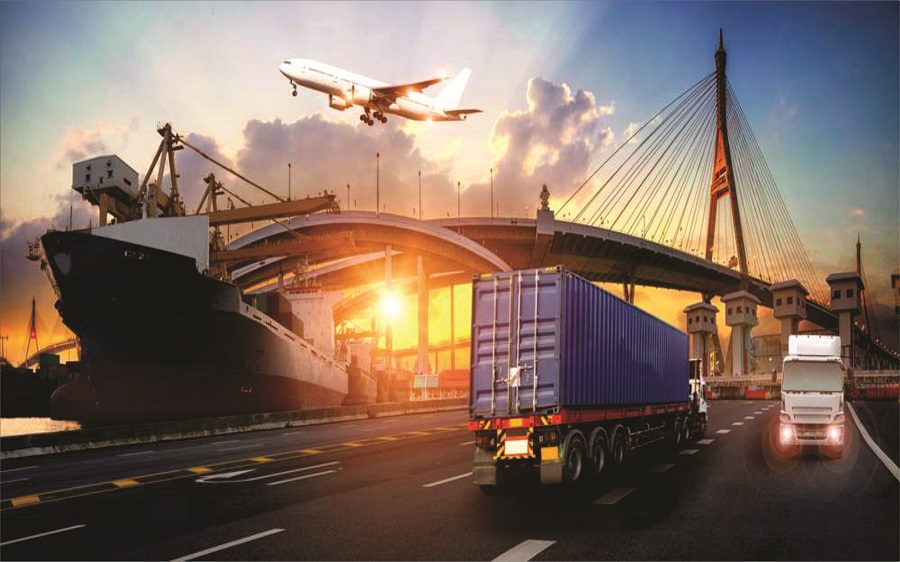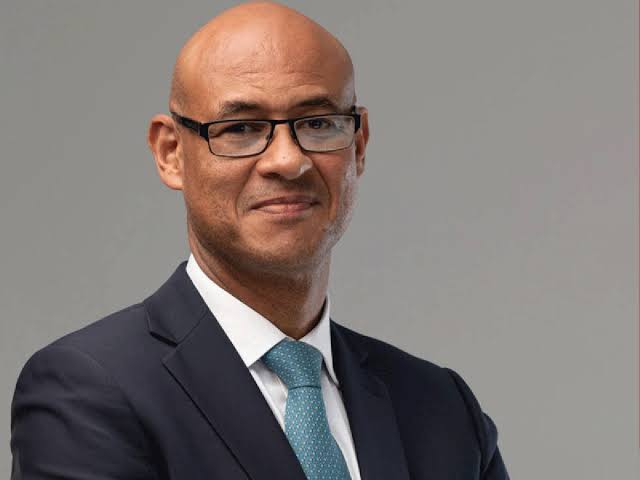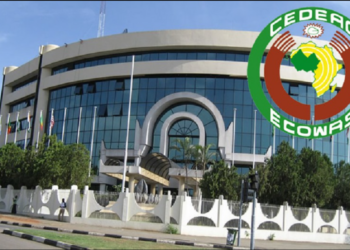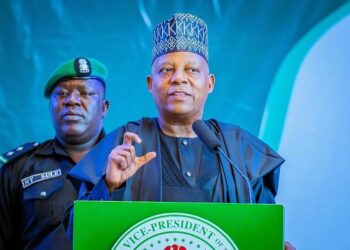Last month, at the UBA Africa Day event which centred on the importance of fixing infrastructure and customs unions to enable the implementation of the African Continental Free Trade Agreement (AfCFTA), the Director-General of the World Trade Organisation, Dr Ngozi Okonjo-Iweala, spoke some profound words on the subject matter.
“To make it work, we need to do a few more things, including logistic issues that prevent us from benefitting.
Some parts of the continent are doing better than us on implementing than others, we still have lorries lined up by border and we are looking for digital passports and things, so that they can move easily…
“We need to make it easier to move goods from one part of the country to the other,” she said, citing that Africa must make free trade work to enable the return to economic growth in a post-pandemic world.
Nigeria became the 34th African country to fully ratify and submit its Instrument of Ratification of the African Continental Free Trade Area (AfCFTA). The AfCFTA is expected to open up Nigerian businesses to a market of over 1.2 billion people and a GDP of $2.5 trillion.
The push for regional African integration through infrastructure got a boost last week, as the African Development Bank announced that the $430 million highway connecting the South East region of Nigeria from Enugu to Bamenda in Cameroon, would be finished before the end of the year; a project that will link the Central African Markets to West Africa and hopefully see the trade of goods, people and services, with lower tariffs under the AfCFTA.
The African Development Bank (AfDB) also disclosed that it would spend the sum of $2 billion in the next 3 years to support infrastructure development which would boost the AfCFTA.
Why is infrastructure important for trade?
According to the Journal of Economic Structures, “Quality and availability of infrastructure (aggregate and sub-indices) matters to enhance trade and decrease trade deficit in selected South Asian countries.” The report added that the availability of infrastructure accelerated regional and intra-regional trade. However, it revealed that the infrastructure would decrease the trade deficit in South Asian economies.
“Countries with better infrastructure (such as Singapore and Hong Kong) perform well in international trade and punch above their weight while countries with weak infrastructure (such as Bhutan and Pakistan) perform poor on external sector,” they said.
Basically, the Asian market is seen as proof of integrated trade which Sub-Saharan Africa can mirror to become a hub for industrial growth and trade, enabling it to contribute more than the below 5% that it currently contributes to global trade.
Movement of people
Infrastructure is not only needed for the movement of goods but also for people, who carry with them, capital and skillsets. Earlier this year, The Economic Commission for Africa (ECA) urged member states in the African Continental Free Trade Area (AfCFTA) to prioritize the free movement of people as it was one of the agendas signed during the Abuja Treaty establishing the African economic community in 1991.
“It is the free movement of people which will boost intra-African trade under the AfCFTA, and enable African countries to proactively and swiftly respond to the twin green and digital transitions we are faced with in the 2020s,” the ECA said.
Funding infrastructure development
The most important factor in setting up an infrastructure push apart from skillsets and technical capacity is capital and Nigeria seems to be on the right track in this regard as President Buhari earlier this month announced his approval of the establishment of Infraco Plc, a world-class infrastructure development vehicle wholly focused on Nigeria with a capital structure of N15 trillion.
“We are focused on ensuring that our infrastructure drive is key to economic growth and one that can be felt by every Nigerian. Building critical infrastructure in our ports is also opening up opportunities for the Nigerian economy,” Buhari said. “My approval for four new seaports using a Public-Private-Partnership approach is hinged on growing the Nigerian economy.”
The establishment of the ports can also work alongside manufacturing hubs by the coastal areas which can give Nigeria an added advantage for the implementation of AfCFTA if properly funded.
Bottomline
The African Continental Free Trade Agreement is a noble concept that would reduce tariffs and boost intra-African trade. It will also put Africa on the global trade map in pretty much the same way as similar arrangements have done for nations in South-East Asia.
However, as cited above, trade without the infrastructure to facilitate it is pretty much useless, as reduced barriers to trade through infrastructure gets goods, services and people around faster, boosting jobs, GDP and human development.



















